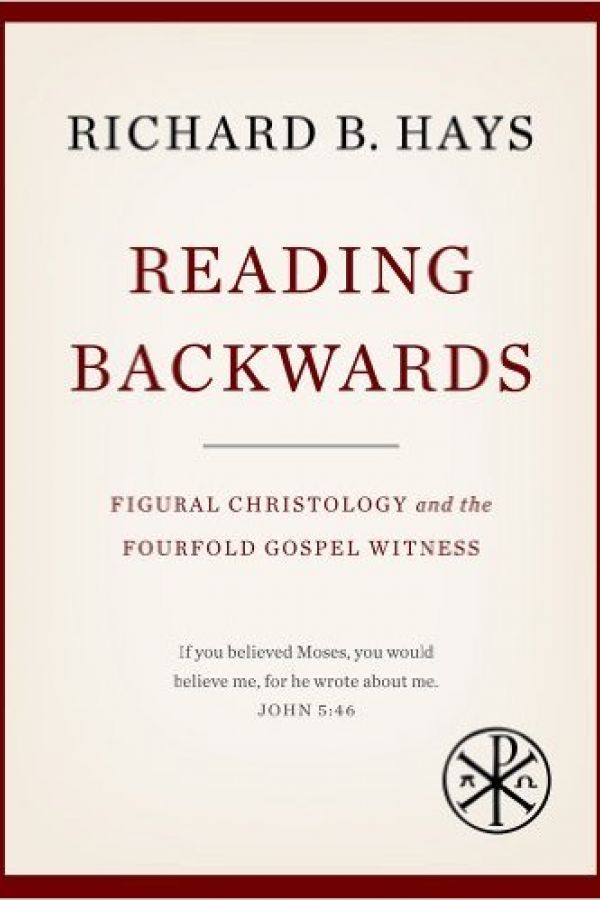Richard B. Hays, dean and George Washington Ivey Professor of New Testament at Duke Divinity School, has written a new book, Reading Backwards: Figural Christology and the Fourfold Gospel Witness. Baylor University Press published the book in early November.
In Reading Backwards, Hays maps the surprising ways the four Gospel writers (Matthew, Mark, Luke, and John) interpreted the Old Testament to craft their distinct witnesses to the church’s one Christ. Although the four employ very different strategies of interpretation, their readings converge in offering paradigm-changing claims about the identity of Jesus. Within the long tradition of a resilient Jewish monotheism, the Gospel writers found clues pointing to a novel and revolutionary insight: Jesus as the embodiment of Israel’s God.
Many modern critics have argued that early Christian preaching depended on a misreading of the Hebrew Scriptures. They claim that Christianity twisted the Jewish Bible it inherited to fit its already-determined message about a mythological divine savior. According to this view, the Gospels tell more about Christian doctrine in the second and third centuries than about the actual figure of Jesus in the first.
In Reading Backwards, Hays demonstrates, to the contrary, that Israel’s Scripture itself taught the Gospel writers how to understand Jesus as the embodied presence of God; that this conversion of imagination occurred very early in the development of Christian theology; and that the Gospel writers’ revisionary figural readings of the Old Testament stand at the very heart of Christianity.
“The more deeply we probe the Jewish and Old Testament roots of the Gospel narratives,” Hays explains, “the more clearly we see that each of the four evangelists identifies Jesus as the embodiment of the God of Israel.”
Hays is internationally recognized for his work on the letters of Paul and on New Testament ethics. His scholarly work has bridged the disciplines of biblical criticism and literary studies, exploring the innovative ways in which early Christian writers interpreted Israel’s Scripture. Hays’ book, The Moral Vision of the New Testament: Community, Cross, New Creation, was selected by Christianity Today as one of the 100 most important religious books of the 20th century.
